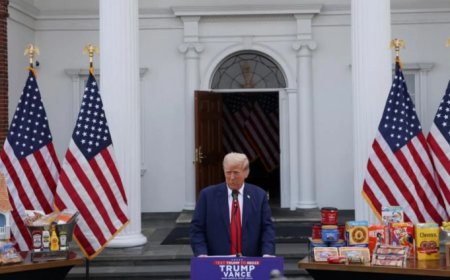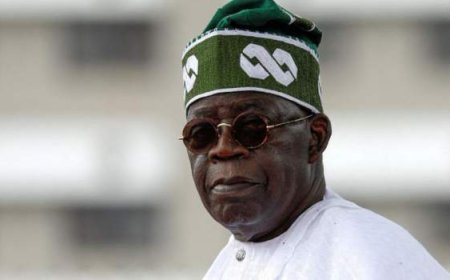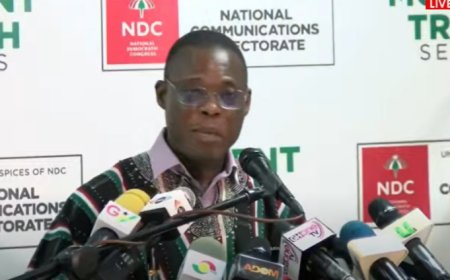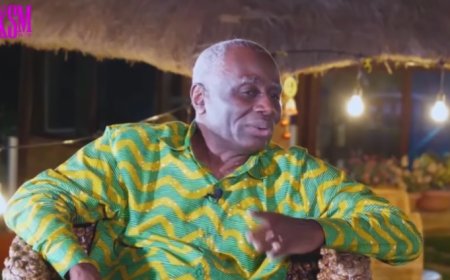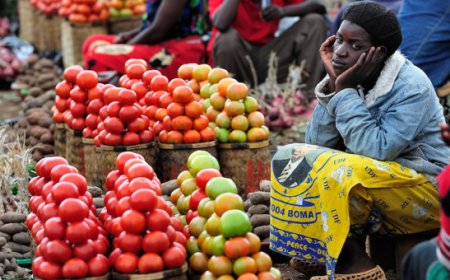The world’s largest single-day election held in Indonesia
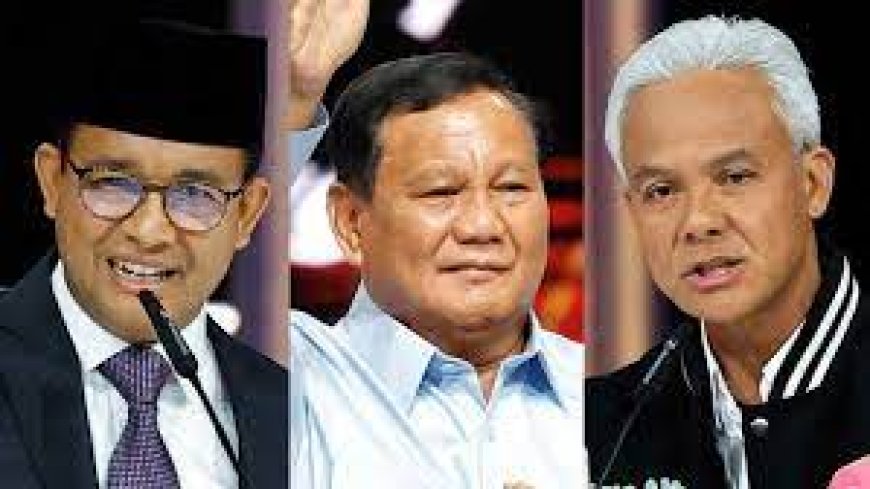
This passage provides an overview of the upcoming presidential election in Indonesia, highlighting the country's significant democratic processes and the key contenders in the race. Here's a summary:
-
Background: Indonesia, the world's largest Muslim-majority nation and the third-largest electoral democracy, transitioned from authoritarian rule under Suharto to a vibrant democracy and economy since 1998.
-
Geographical and Demographic Context: Indonesia is a sprawling archipelago with over 18,000 islands and a diverse population speaking over 150 languages. The country boasts a large digital population, with a significant portion of voters relying on social media for political information.
-
Election Process: While voting is not mandatory, election day is a public holiday, resulting in high turnout. Presidential candidates must secure at least 50% of the total votes and a minimum of 20% of votes in each province to win.
-
Political Landscape: There are 18 national political parties in Indonesia, but the main contenders in the upcoming election are a former army general, Prabowo Subianto; Ganjar Pranowo, supported by the ruling party; and Anies Baswedan, a former Jakarta governor running independently.
-
Outgoing President: Joko Widodo, known as Jokowi, cannot seek a third consecutive term due to constitutional limitations. However, concerns have been raised about potential dynastic politics as his son, Gibran Rakabuming Raka, is running for vice president with Prabowo.
-
Implications: The election is significant as it marks the first change in leadership in a decade, and the outcome could shape the country's political and economic trajectory. The role of younger voters, digital media, and concerns about dynastic politics are notable themes in this electoral process.
What's Your Reaction?







